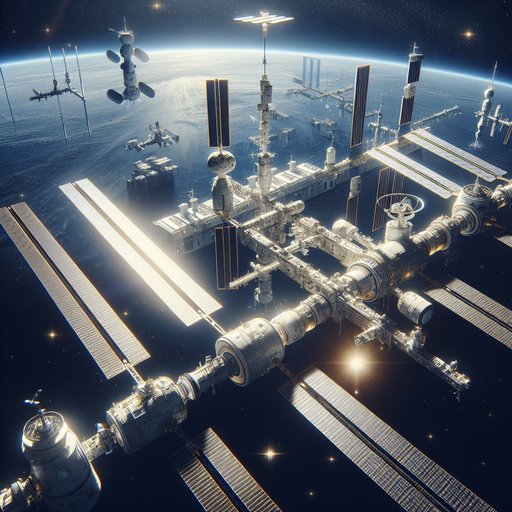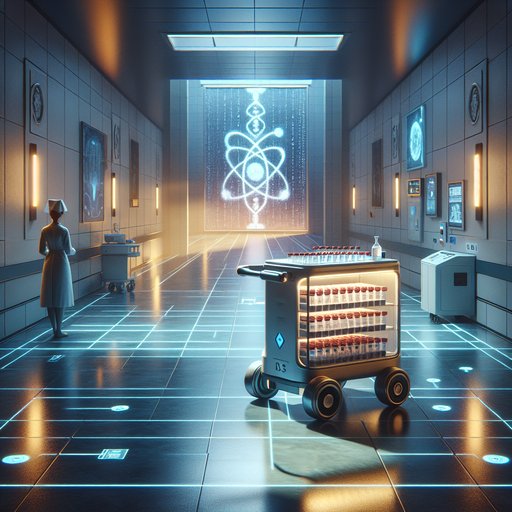 Space stations, the outposts of human presence in the cosmos, have been making headlines with a series of recent developments and missions. From the International Space Station (ISS) to China's Tiangong and plans for new commercial space stations, these orbiting laboratories are playing a pivotal role in advancing our understanding of space and fostering international cooperation.
Space stations, the outposts of human presence in the cosmos, have been making headlines with a series of recent developments and missions. From the International Space Station (ISS) to China's Tiangong and plans for new commercial space stations, these orbiting laboratories are playing a pivotal role in advancing our understanding of space and fostering international cooperation.
The International Space Station, a joint venture of NASA, Roscosmos, ESA, JAXA, and CSA, continues to be a hub for scientific research. Recent missions have focused on studying the effects of long-term space travel on the human body, crucial for future deep-space missions. The ISS also serves as a testbed for technologies that could be used in lunar and Mars missions. China's Tiangong space station, currently under construction, has already hosted several missions.
The most recent, Shenzhou-12, saw three astronauts spend 90 days aboard, conducting spacewalks and scientific experiments. China's space station represents a significant step in the country's ambitious space program. Meanwhile, commercial space companies are planning their own space stations. Axiom Space, for instance, plans to launch a commercial module to the ISS in 2024, eventually forming a standalone space station.
This represents a new era of commercialization of low-Earth orbit. These developments underscore the importance of space stations in advancing our knowledge of the universe. As we continue to push the boundaries of human exploration, these orbiting laboratories will undoubtedly play a central role.








































